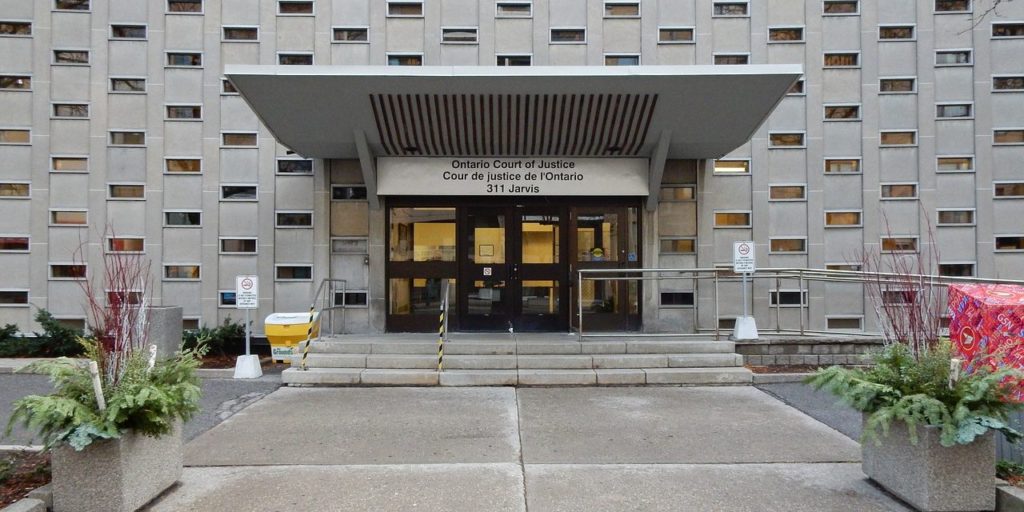- Care needed when using ethanol-fuelled firepots: McLeish - October 5, 2019
- Government changes to auto insurance need to go further, says McLeish - April 5, 2019
- Brokers have duty to inform clients of insurance options - January 5, 2019
Jurors have become increasingly skeptical of plaintiffs in personal injury cases – but there are ways for lawyers to be successful, Toronto critical injury lawyers John McLeish and Lindsay Charles write in Lawyers Weekly.
One of the juror beliefs is that the only reason plaintiffs in personal injury cases sue is to get as much money as possible, write McLeish, partner with McLeish Orlando LLP, and Charles, associate with the firm.
Another is that plaintiffs’ lawyers will do anything to win lawsuits. “If these beliefs remain at the end of trial, a plaintiff’s case is doomed. If instead, the jurors come to like a plaintiff and trust their lawyer, the chances of a favourable verdict improve dramatically,” they add.
One of the most common ways in which plaintiffs affirm the existing belief systems of jurors, often leading to low damages awards, is by overreaching — and it is almost always the lawyer’s fault, say McLeish and Charles.
Unrealistic amounts
This typically happens when lawyers present unrealistic amounts for future loss of income and future cost of care. Instead, they write, in an era where even catastrophically injured plaintiffs must challenge jurors’ beliefs, lawyers need to take a more balanced approach.
“The better course is for the plaintiff’s lawyer to present to jurors several conservative scenarios as suggestions only, and make sure jurors understand these are only suggestions.
“Plaintiff’s counsel should tell jurors that they can and should come up with their own calculations based on the evidence. Then the lawyer, through the economic loss expert, must give jurors the tools to make their own calculations, at different annual losses and with different retirement ages,” say McLeish and Charles.
Also, as soon as possible after the accident, counsel should make sure the plaintiff tries to get back to work in some capacity.
“Who are jurors going to like more — someone who has tried their hardest to get back to work, or someone who says they can’t work, but has made no effort to try?”
When advancing claims for future care, plaintiffs’ lawyers may also overreach by asking to be compensated for a gym membership or cellphone, which many uninjured people have, or asking for the cost of taxis when the plaintiff owns a car and can drive.
Negative impression
“Cases are won and lost by impressions created in a courtroom. Overreaching creates a negative impression and it is a gift to defendants,” McLeish and Charles say in the article.
However, they explain that if plaintiff’s counsel presents realistic theories of future economic losses and gives jurors the tools to arrive at their own conclusions, the chances of a fair jury verdict go up significantly.
“Why? The plaintiff will look like someone who simply wants to be compensated for reasonable losses. And the plaintiff’s lawyer will look like the trusted guide to whom the jurors can look for clarity when there is confusion and competing points of view,” write McLeish and Charles.

